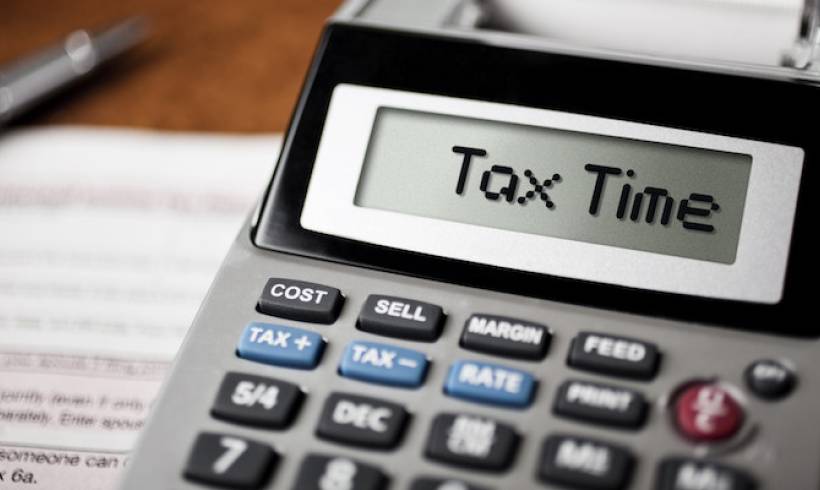Cryptocurrency Regulations Across Major Markets of the World

Cryptocurrencies are making the transition from being purely speculative investments to being a balanced asset that is steadily being incorporated into investment portfolios.
As cryptocurrencies continue to grow in popularity, governments all over the world still remain divided on how they plan on tackling the regulation of this large emerging asset class. After all, cryptocurrencies are known for being inherently volatile.
Just like with any kind of investment, it is always important to do your own research. Experts advise that you should only invest in crypto once you have your financial goals set. You should identify and understand all the risks involved when entering a new investment.
And if you’d like to get started with investing in crypto, then researching the market widely and visiting secure and trusted crypto exchange sites like Bitcoin Profit can be a great place to start.
Cryptocurrency Regulations in Major World Markets
Let us now break down the different ways countries all over the world approach cryptocurrency regulations.
1. United States
Even though there is a huge amount of cryptocurrency investors and blockchain firms stationed in the United States, the country has surprisingly yet to develop any kind of regulatory framework for a relatively new asset class.
This might be because of the different views that they have on cryptocurrencies. For the Securities and Exchange Commission, cryptocurrencies are treated as securities, and on the other hand, the Commodity Futures Trading Commission treats them as a commodity.
Other government agencies like the Internal Revenue Service put cryptocurrencies under the category of properties for income tax purposes.
US-based crypto exchanges are under the regulatory scope of the Bank Secrecy Act. They are also required to register with the country’s Financial Crimes Enforcement Network.
2. Canada
There is a generally more proactive stance towards cryptocurrencies in Canada compared to other countries. This kind of positivity makes sense since it is the first country to approve Bitcoin ETFs in February 2021.
As for their regulatory measures for exchanges that want to operate in the country, organizations like Canadian Securities Administrators made it clear that trading platforms and dealers that are going to be based in the country need to register with provincial regulators.
It is also worth noting that Canada considers cryptocurrency investment firms as money service businesses and requires them to register with the Financial Transactions and Reports Analysis Centre of Canada.
When it comes to taxes, cryptocurrencies are treated the same as other commodities.
3. United Kingdom
For the UK, it is different from other countries in which cryptocurrency of any kind will be considered as property and not as legal tender.
In addition to that, cryptocurrency exchanges that plan to operate in the country are required to be registered with the UK Financial Conduct Authority. They are explicitly banned from offering to trade any kind of crypto derivative.
Regarding taxability, investors are still paying capital gains tax on their trading profits, but in the general sense, regulations would depend on your profile and the crypto activities an individual has taken.
4. Japan
Japan has consistently displayed a progressive attitude towards their approach to digital currencies and cryptocurrency regulation. They recognized it as a form of legal property according to the Payment Services Act.
Similar to other countries, any crypto trading platform will need to register with the relevant authorities, which is their Financial Services Agency for Japan.
The country treats the gains from trading cryptocurrencies as miscellaneous income and applies the necessary tax rules when taxing investors.
5. Australia
Australia is another country known for having progressive views when it comes to cryptocurrencies and their overall regulation.
For Australia, cryptocurrencies are classified as a person’s legal property in the eyes of the law, which then subjects them to capital gains tax.
Cryptocurrency exchanges have free range to operate inside the country so long as they are registered with the Australian Transaction Reports and Analysis Centre.
The Australian Securities and Investments Commission has also slowly started to release its proposed regulatory requirements for initial coin offerings.
6. Singapore
The country has some similarities to the UK when it comes to its approach to crypto regulations. In Singapore, they classify cryptocurrencies as a kind of property instead of legal tender.
The country has also gained a reputation for being a safe haven for cryptocurrencies because they do not impose taxes on long-term capital gains.
However, a frequently pointed out drawback to this ruling is that the country taxes companies that frequently transact using cryptocurrencies since they would treat the gains as income.
7. South Korea
In this country, they do not consider cryptocurrencies as assets or legal tender, and therefore any kind of transactions involving digital currencies are not affected by capital gains tax.
All crypto exchanges and virtual assets providers are required to register with the Korean Financial Intelligence Unit. The South Korean Financial Supervisory Service is the department that is in charge of cryptocurrency regulation and is also responsible for checking if operators are adhering to AML/CFT regulations.
AML/CFT is the acronym for Anti-Money Laundering/Combating the Financing of Terrorism, and it is essential for preventing financial crimes that can have a huge effect on one country’s economy.





































